Enter a surname, town name or other keyword to search the database. Remember to
allow for the different spellings of 'Mc' and 'Mac.' Good luck!
{Search tips: Use single word search terms for more results}
You must enter some valid character(s) into the search field
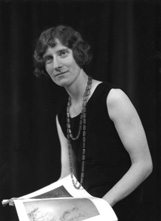
Reference: 28044b
Portrait. #...
|
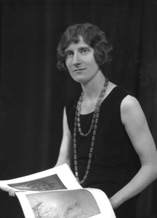
Reference: 28044c
Portrait. #...
|
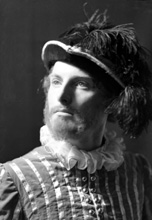
Reference: 31334c
Sorrell vs MacKinnon. Stage ac...
|
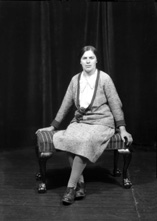
Reference: 28026
Portrait. #...
|

Reference: 28027a
Portrait. The badge on the spo...
|

Reference: 28027b
Portrait. The badge on the spo...
|
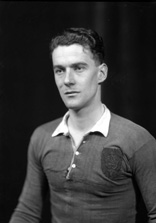
Reference: 28027c
Portrait. The badge on the spo...
|
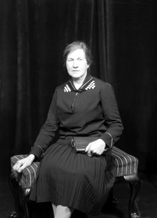
Reference: 28028
Portrait. #...
|
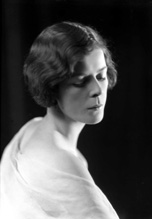
Reference: 28032
Portrait. #...
|
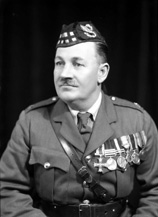
Reference: 28033a
Major Donald Munro MC (1880-19...
|
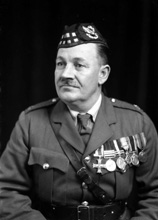
Reference: 28033b
Major Donald Munro MC (1880-19...
|
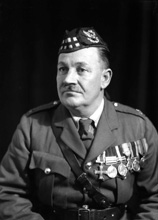
Reference: 28033c
Major Donald Munro MC (1880-19...
|